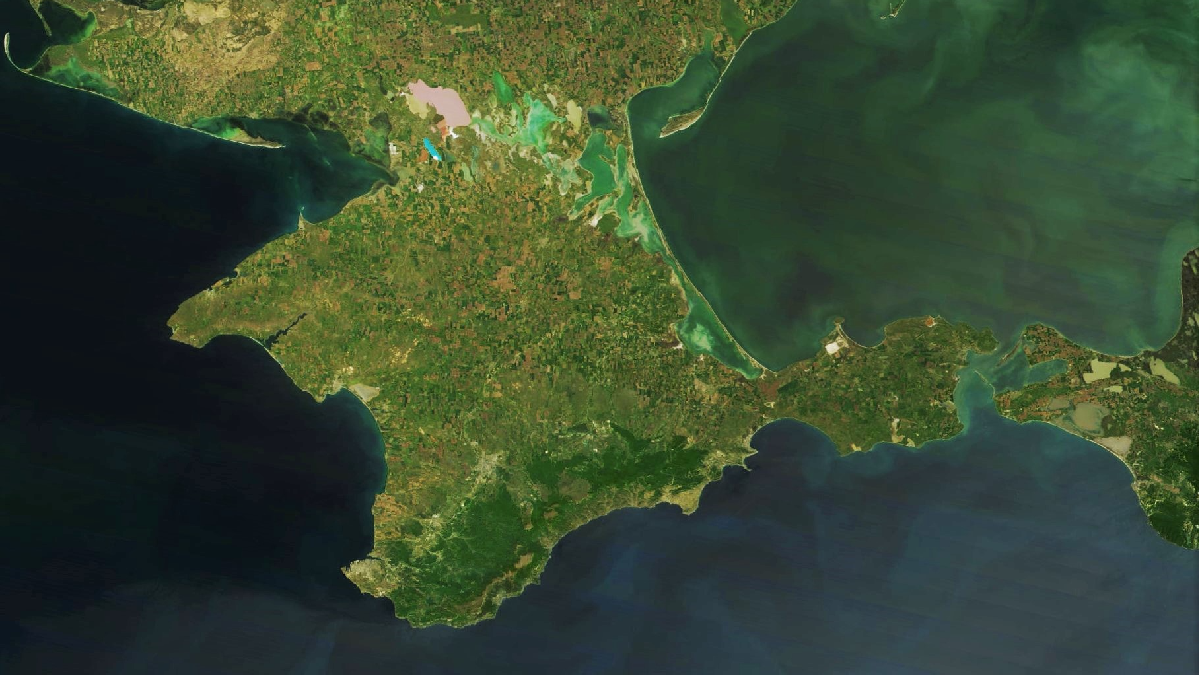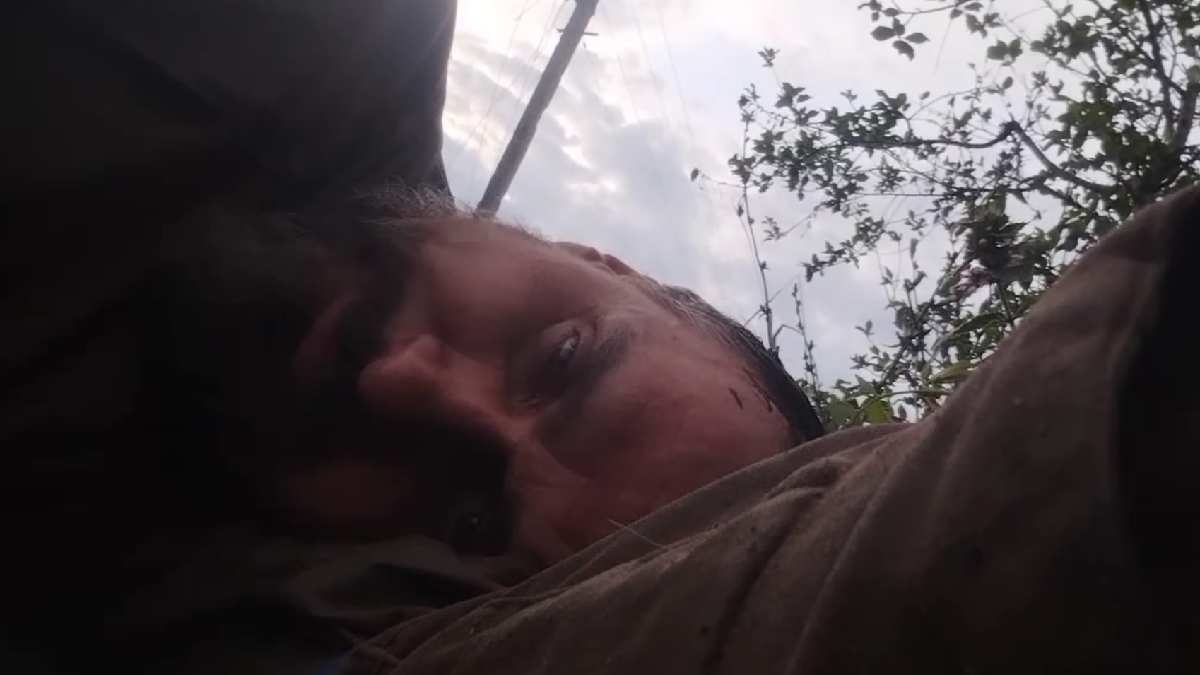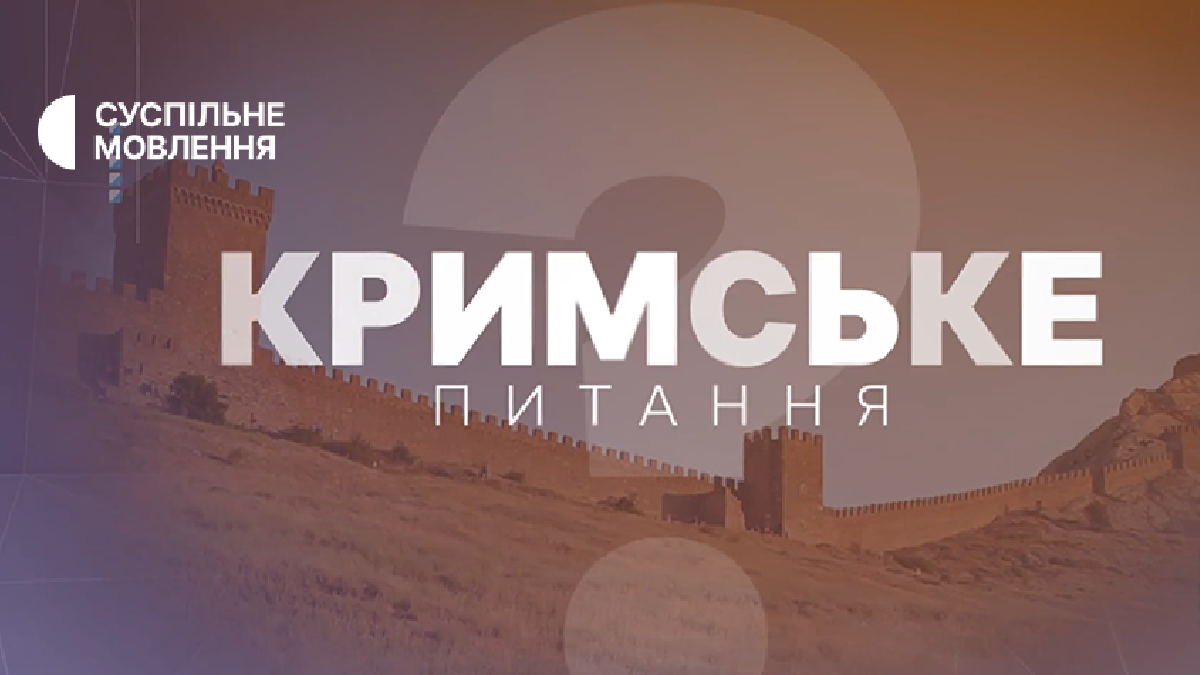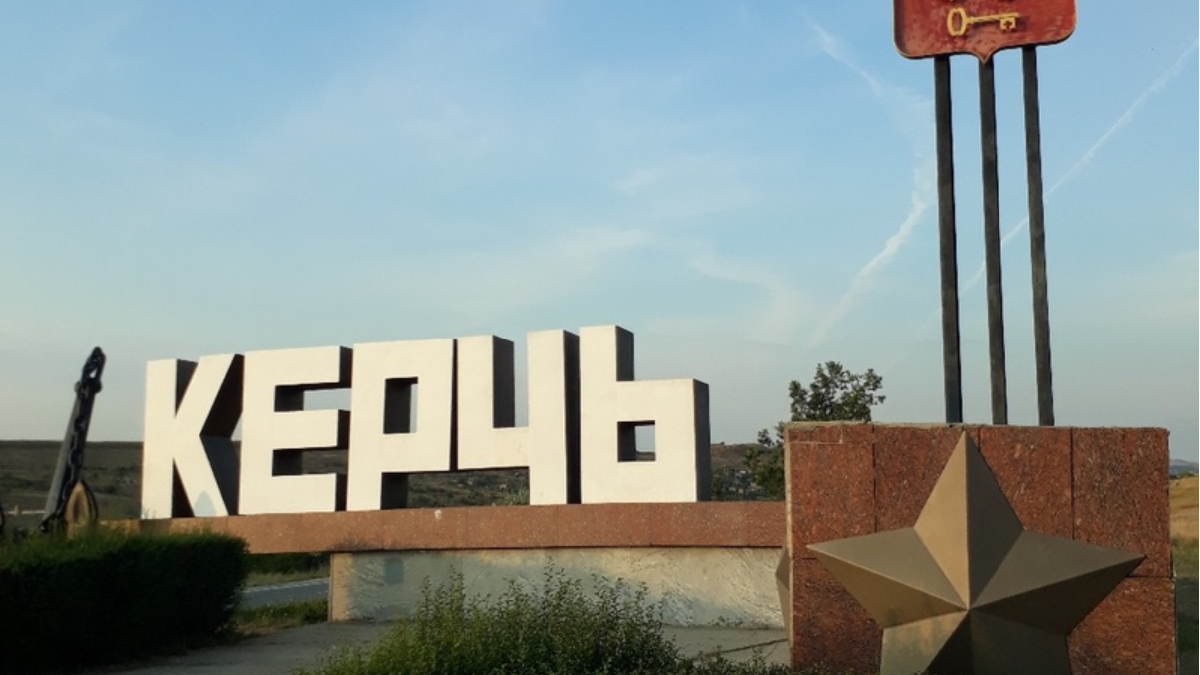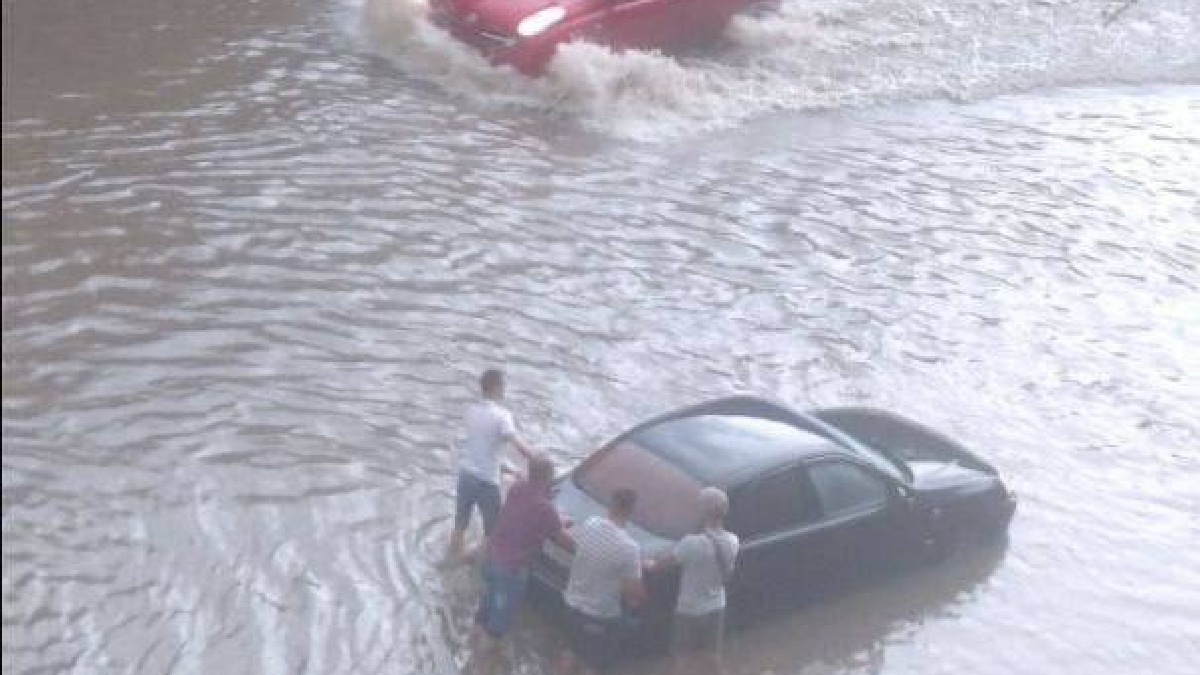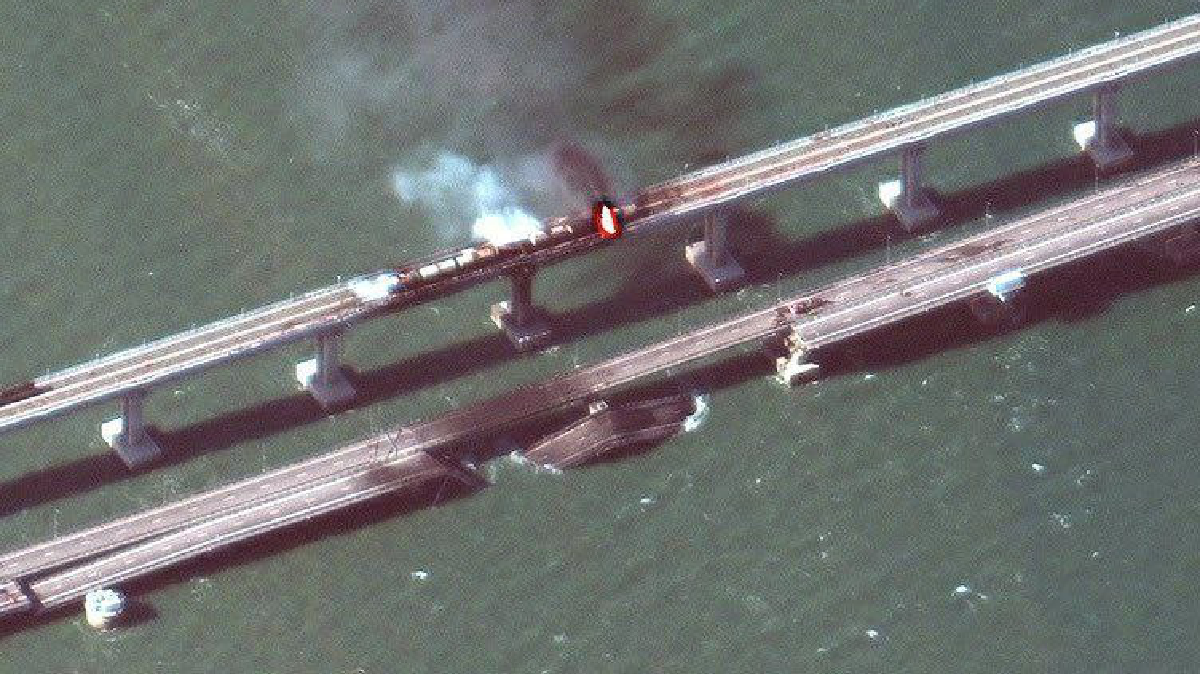Will Russia be responsible for the ecological catastrophe near Crimea
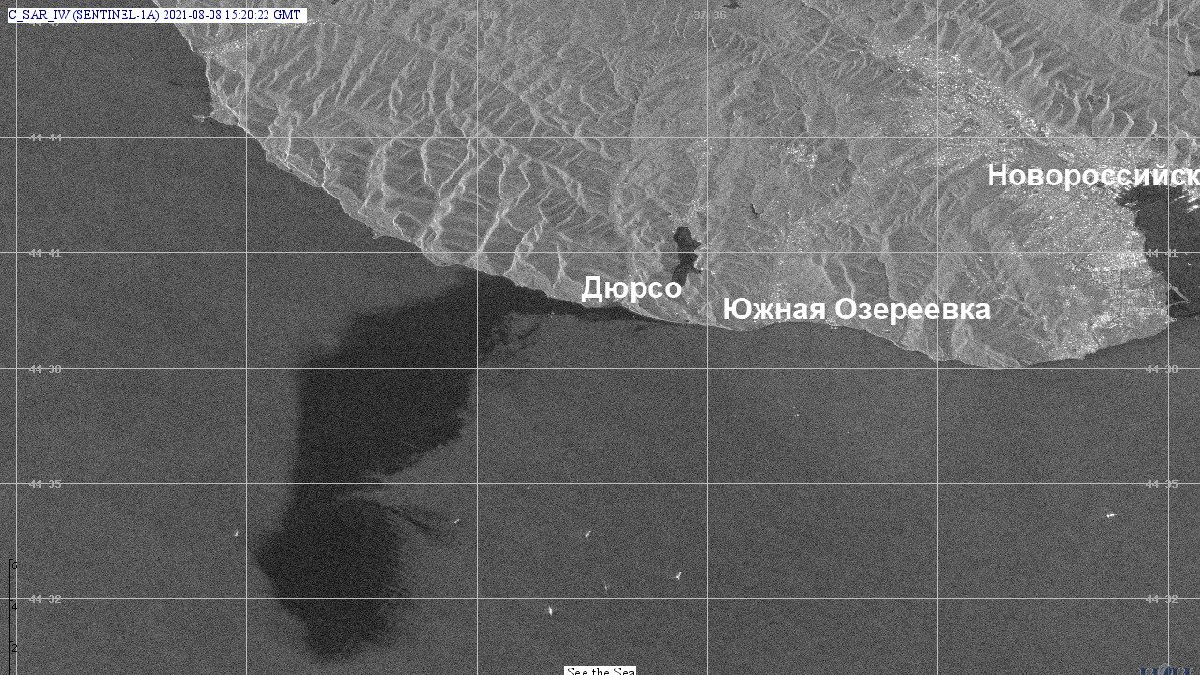
Ukrainian lawyers and activists will sue Russia for an environmental disaster off the coast of occupied Crimea due to an oil spill by August this year. At a press conference, they noted they are talking about violations of the rights of environmental safety, sea pollution, and ecocide. In addition, they will demand an audit of the Caspian Pipeline Consortium, where the oil spill occurred, and will demand reimbursement of one billion hryvnias to Ukraine.
Lawyers noted that the oil spilled over 80 square kilometres and caused pollution of the Black Sea. Lawyer Oleksiy Shevchuk stated this during a press conference.
More about the prospects of such a lawsuit and how to monitor the environmental situation in Crimea were discussed in the “Topic of the Day” with Borys Babin - Doctor of Law, Professor, Former Representative of the President of Ukraine in the Crimea, and Yevhen Khlobystov - Professor of Ecology, Kyiv-Mohyla Academy.
Borys Babin noted that the Association of Reintegration of Crimea addressed the European Commission on the issue of oil spills and that there was a corresponding consideration of this issue:
“We applied to measure the damage to the sea basin, provided the circumstances The shareholders of the relevant structure are Italian and American investors. In measuring the responsibility of the Italian company, we asked the European Commission: “Will it consider liability for violating environmental standards of the European Union?". We received the answer that, unfortunately, the European Commission will not have the appropriate competence for the consortium because, in the opinion of the European Commission, this still happened without proven damage to the EU.
Bulgaria or Romania are EU member states that may have suffered from this leak. Nevertheless, the European Commission has assured us that it will continue to closely monitor the activities of European companies within such consortia in the Black Sea basin. They do not have a legally binding mechanism, but they have a political one, the Black Sea cooperation, which exists under the auspices of the EU. But to say that after that someone will receive a billion euros - I would not be so optimistic".
Regarding the lawsuit, the lawyer noted important three aspects of this case:
“The first question is: who filed this lawsuit, is it Ukraine, or some persons. The second question: within which criminal proceedings a lawsuit is filed. The third question is the amount of damage. If you want to get a court decision, the main challenge is the proven amount of damage. These are not the first Ukrainian lawyers who have had this idea. I understand that this is a really interesting question. Let’s see how the situation will develop”.
Boris Babin added that the word "ecocide", which was mentioned by lawyers at the press conference, should be used with caution:
“I would be very careful with such questions. I do not want, of course, to whitewash violators of environmental law. But to prove the case of ecocide in court is very difficult. I have researched the practice of ecocide cases in Ukraine and other countries, and, so to speak, carefully, I have not yet found any court decision in the world where the ecocide was punished at the national level".
He explained that there are methods of proving damages, in such a case, and the access to the place where the oil spill occurred because these waters are open to commercial shipping. In theory, no one interferes with the relevant search and research operations in these waters.
Professor of the Department of Ecology of the Kyiv-Mohyla Academy Yevhen Khlobystov said that the lawsuit has a perspective in terms of law, but only if we have access to all information and will correctly form the evidence base.
And the oil spill is a threat to the environment:
"The specific oil spill occurred near the port of Novorossiysk due to a shipwreck, as we know from the media, from the news, was near the Russian coast. We did not record that this oil slick reached the territory of Crimea. Maybe it was, but there was no recording. So we can't use it as evidence. I suppose that according to the water flow in this area, it could move to Georgia in an easterly direction, not to Crimea, but as far as I know, there was no official recording near Crimea.
As for other oil spills that we can record through the capabilities of our aerospace surveillance, we need to record, collect samples and prove that this is the damage that comes from Russian ships".
According to the ecologist, the damage to the environment can be calculated by appropriate methods but requires field observations:
"We need to know where and how it happened. If such an accident occurs, we need to find an opportunity to investigate it. Record the oil spill and find out where exactly it occurred. Then, we can estimate the corresponding damage for the sea area, for the natural resources of the sea. There is not enough opportunity to study such cases. And it happens not only because we do not control Crimea. There are also a few other problems. We do not use the available opportunities".
The monitoring is based on available data that can be taken from open sources of information - from data transmitted by volunteers from Crimea and international sources.
Yevhen Khlobystov added that the President's Office in the Autonomous Republic of Crimea and the Prosecutor's Office of the Autonomy are doing a very useful thing, and this work should be significantly strengthened, and its efficiency increased:
“It can be strengthened by increasing the efficiency of aerospace sounding systems and real-time monitoring of the situation. If we talk about oil spills, we also have the opportunity to fix the size of this spot, and we can even take a water sample. This issue concerns more systematic state work, technical and organizational capabilities of the state. Here we have room to move.
We rely on some open sources of information or some absolutely obvious violations and then conclude, but we need to take the initiative and use the current capabilities of the state to make this monitoring more effective and efficient. We still need to settle the issue of environmental monitoring in Crimea and care for environmental issues in general. It is necessary to create appropriate structural units, not only in the central executive bodies but also, in particular, within the regional administrations - Kherson, for example.
We need people who will directly deal with the environmental problems of Crimea, monitor the situation on the ground, be able to go to the demarcation line, record violations, take samples of air and water quality. If these issues were addressed more effectively, we would have more information potential about what is happening in Crimea".
The professor of the Department of Ecology also mentioned the work of the expert environment of the Crimean platform. These issues have been raised there, but there is no significant breakthrough in this area yet.

